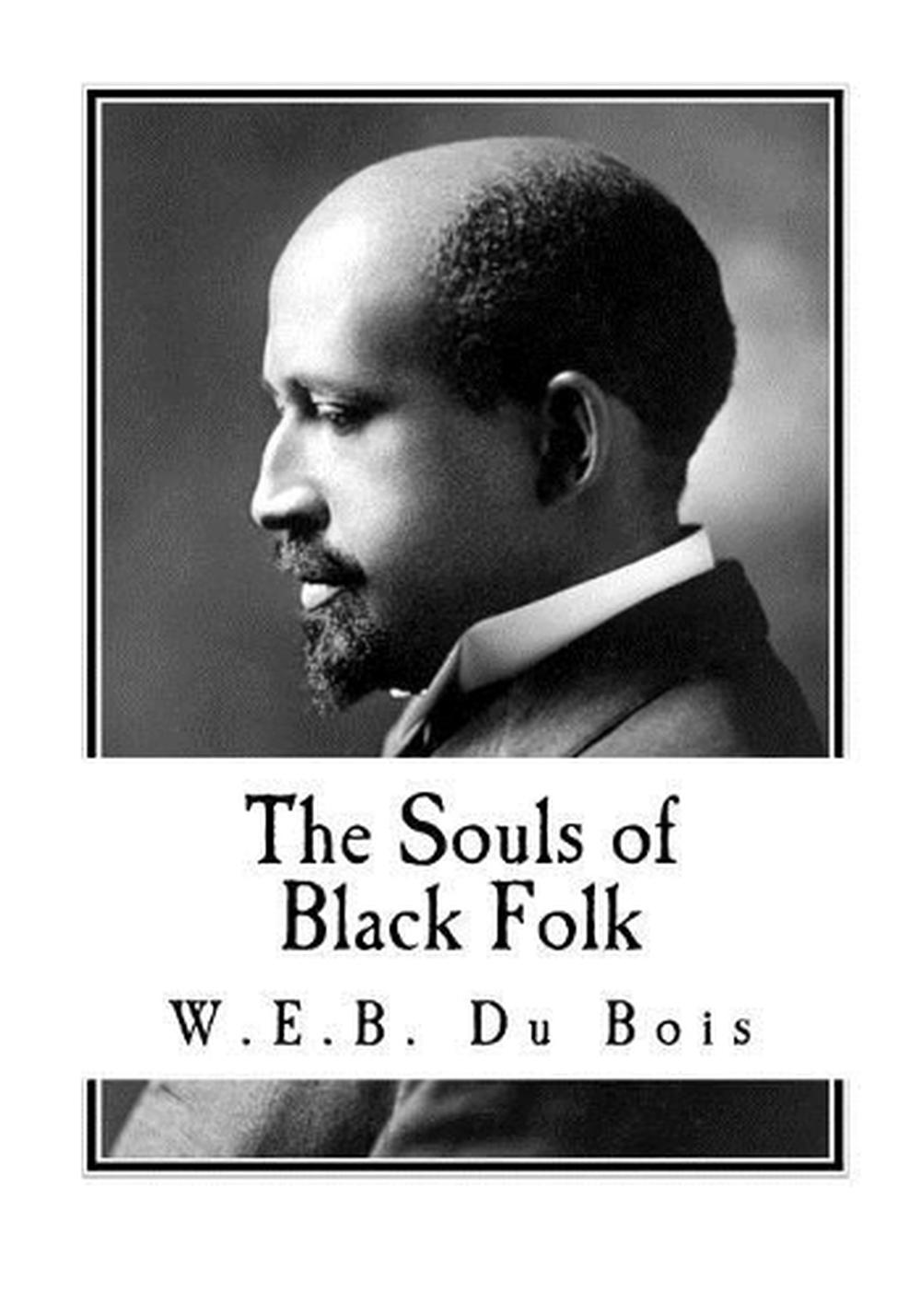
“ programme practically accepts the alleged inferiority of the Negro races.” Washington represents in Negro thought the old attitude of adjustment and submission,” wrote Du Bois. Du Bois, who opened The Souls of Black Folk with the words “The problem of the Twentieth Century is the problem of the color-line,” worried that Washington’s “accommodationist” philosophy would doom Black Americans to indefinite subservience to whites. Committed to a philosophy of self-help, Washington urged Black Americans to temporarily accept racial discrimination-which he believed would wither away-and lift themselves up through hard work and economic gain that he thought would win the respect of whites.

Washington, who argued that voting rights and civil rights were less important to Black progress than acquiring property and attaining economic self-sufficiency. In The Souls of Black Folk, Du Bois disputed the main principle of the political program of the era’s other leading Black American spokesperson, Booker T. A sociologist, historian, author, editor, and activist, Du Bois was the preeminent Black American protest leader during the first half of the 20th century. Published in 1903, The Souls of Black Folk is a landmark of African American literature. The Souls of Black Folk, collection of essays on Black life and race relations in the United States at the turn of the 20th century by W.E.B.

Britannica Explains In these videos, Britannica explains a variety of topics and answers frequently asked questions.


 0 kommentar(er)
0 kommentar(er)
